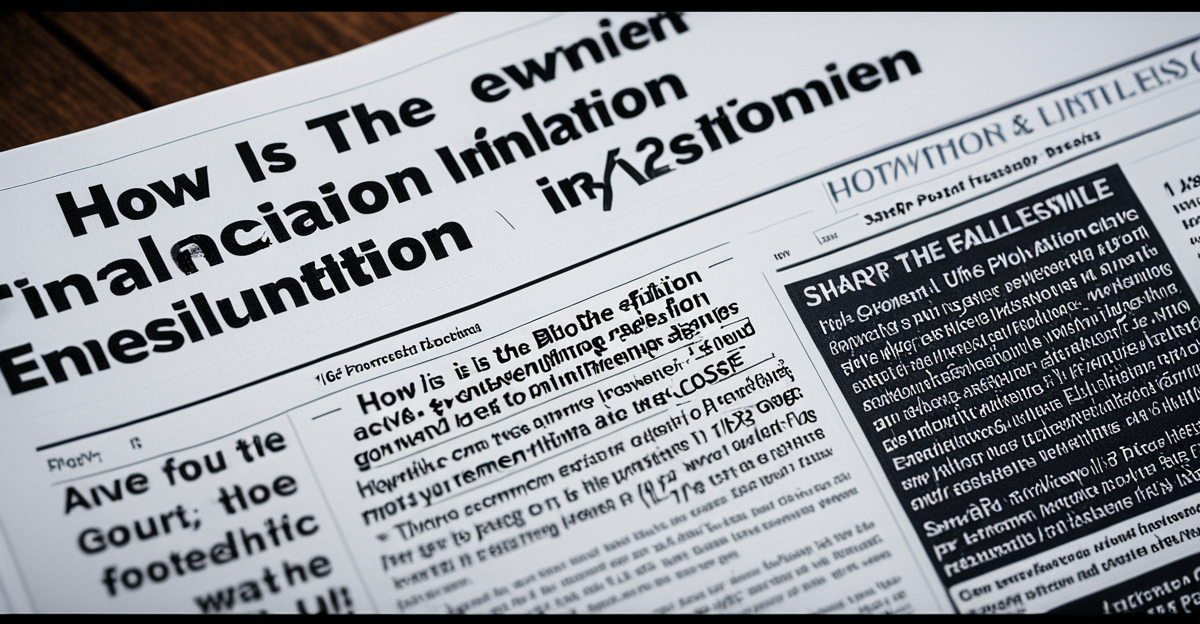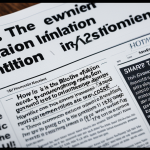Summary of UK Government Actions to Tackle Inflation
The UK government’s inflation measures in 2023–2024 have centered on a multi-pronged government strategy aimed at stabilizing prices amid ongoing economic challenges. Recent developments show a focus on balancing inflation control with support for vulnerable groups. The government has prioritized reducing inflation to protect purchasing power while maintaining economic growth.
Key strategies include tightening fiscal policies and collaborating with the Bank of England on monetary measures. Official announcements reflect an emphasis on targeted interventions, such as adjusting tax thresholds and energy price support, to directly address inflation drivers. These approaches respond to pressures from global supply chain disruptions, energy cost surges, and post-pandemic recovery hurdles.
Topic to read : How is the UK government responding to the digital privacy concerns of its citizens?
Contextually, the government must navigate rising living costs alongside demands for public investment. The complex economic environment requires flexible tactics, blending immediate relief with structural reforms. Recent policy frameworks explicitly aim to limit inflation to the target range, ensuring that inflation expectations remain anchored while enabling sustainable economic stability. This balance represents the core of the UK’s current government strategy to tame inflation without inhibiting recovery.
Fiscal Policy and Public Spending Measures
The UK government’s fiscal policy plays a crucial role in its broader inflation control strategy. In 2023–2024, adjustments to public spending have focused on tightening budgets while protecting essential services. This approach seeks to reduce excess demand in the economy, helping to lower inflationary pressures without triggering a sharp contraction.
In the same genre : What are the UK’s efforts in preserving cultural heritage sites?
Targeted tax policies form a key element of the fiscal policy UK framework. For example, modifying income tax thresholds and business tax reliefs aim to shield lower-income households and stimulate investment. These policies work to balance short-term cost of living support with longer-term economic growth goals.
Fiscal discipline is essential for maintaining economic stability. By controlling government expenditure, the strategy limits overheating risks. However, decisions must navigate political and social challenges linked to spending cuts or freezes. These measures complement the government’s overarching strategy to stabilize prices by tackling demand-side factors through careful budget management.
Overall, the UK inflation measures through fiscal policy demonstrate a coordinated effort to directly influence inflation drivers while maintaining sound public finances. Recent developments highlight the delicate balance between expenditure control and targeted relief amidst continuing economic uncertainty.
Bank of England’s Monetary Policy Actions
The Bank of England plays a pivotal role in the UK government’s inflation control strategy through its monetary policy tools. In 2023–2024, the Bank has adjusted interest rates UK to influence inflation by curbing demand. Typically, raising interest rates makes borrowing costlier, dampening spending and investment, which helps reduce inflationary pressures. Conversely, lowering rates can stimulate economic growth, though less common amid inflation concerns.
Alongside changes to interest rates, the Bank of England has engaged in quantitative tightening—reducing its holdings of government bonds to withdraw excess money from the economy. This measure complements interest rate hikes by further constraining inflationary momentum.
Recent developments reveal strong coordination between the Bank of England and government officials, aligning monetary policy with fiscal and regulatory measures. This cooperation aims to balance inflation control without unduly hampering recovery or employment levels.
Overall, the Bank of England’s monetary policy remains an essential pillar of the UK’s comprehensive government strategy. Its tools are employed dynamically to respond to evolving economic data and inflation expectations, reflecting a commitment to achieving price stability alongside sustainable growth.





